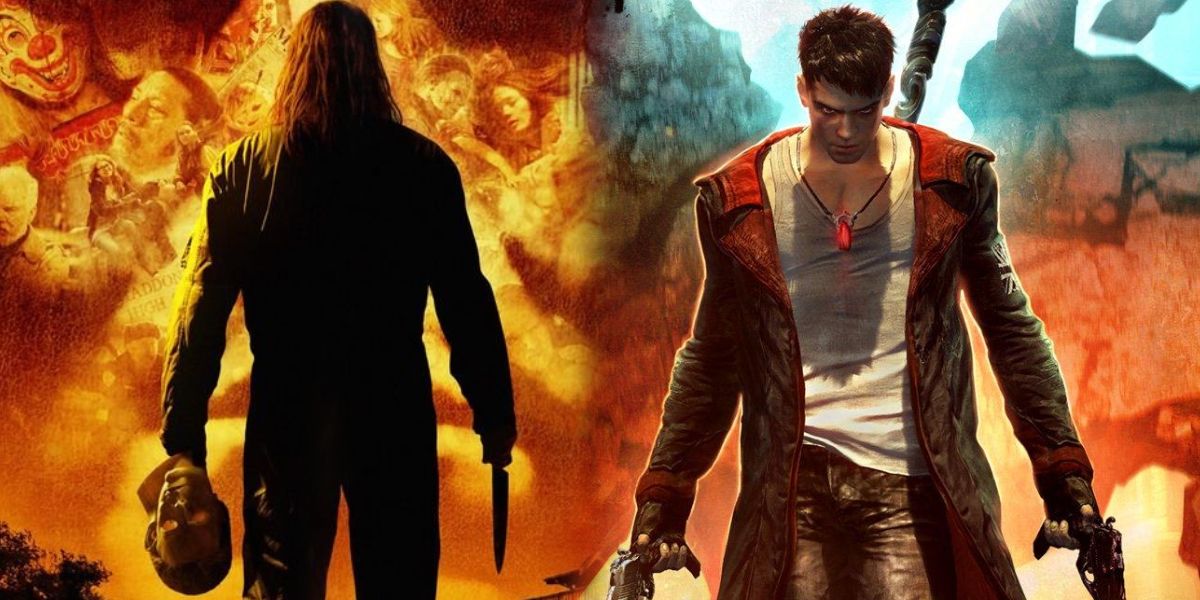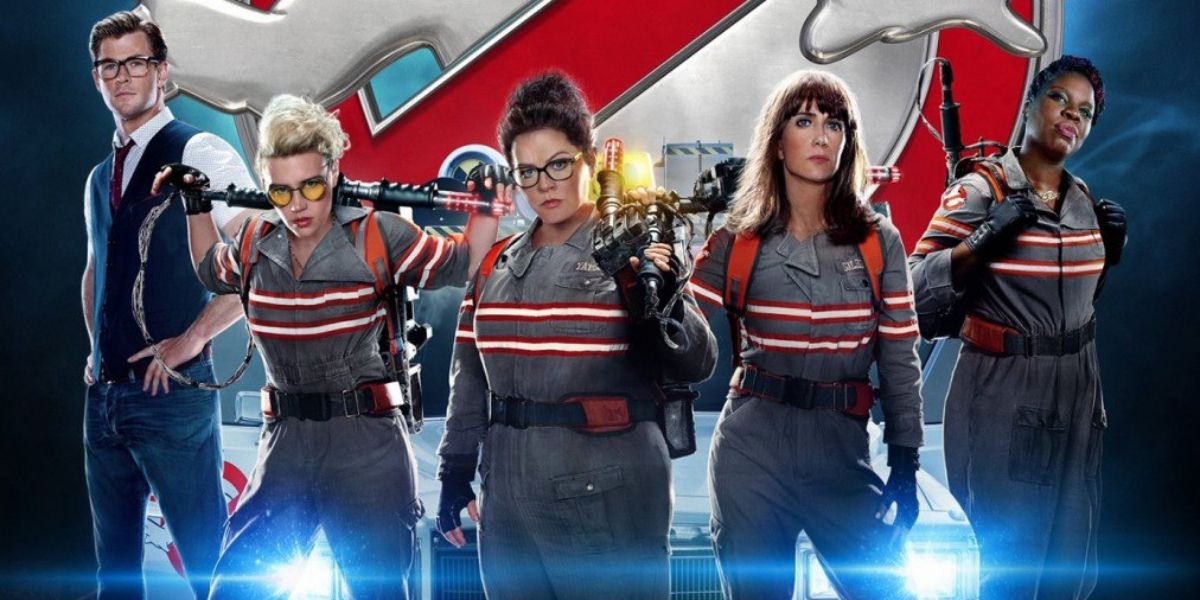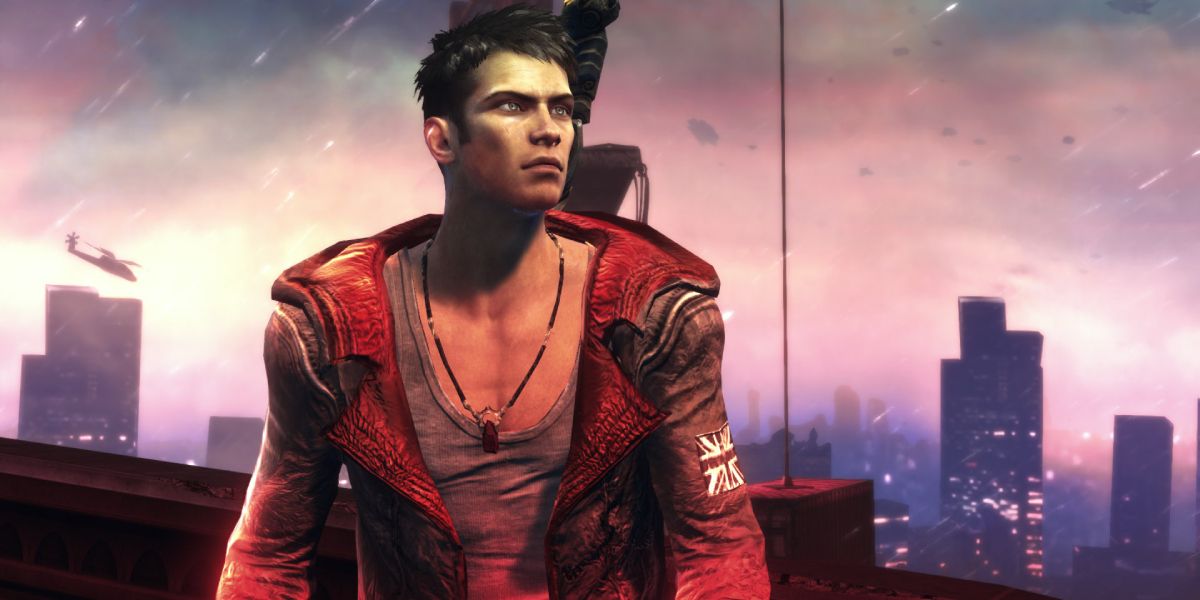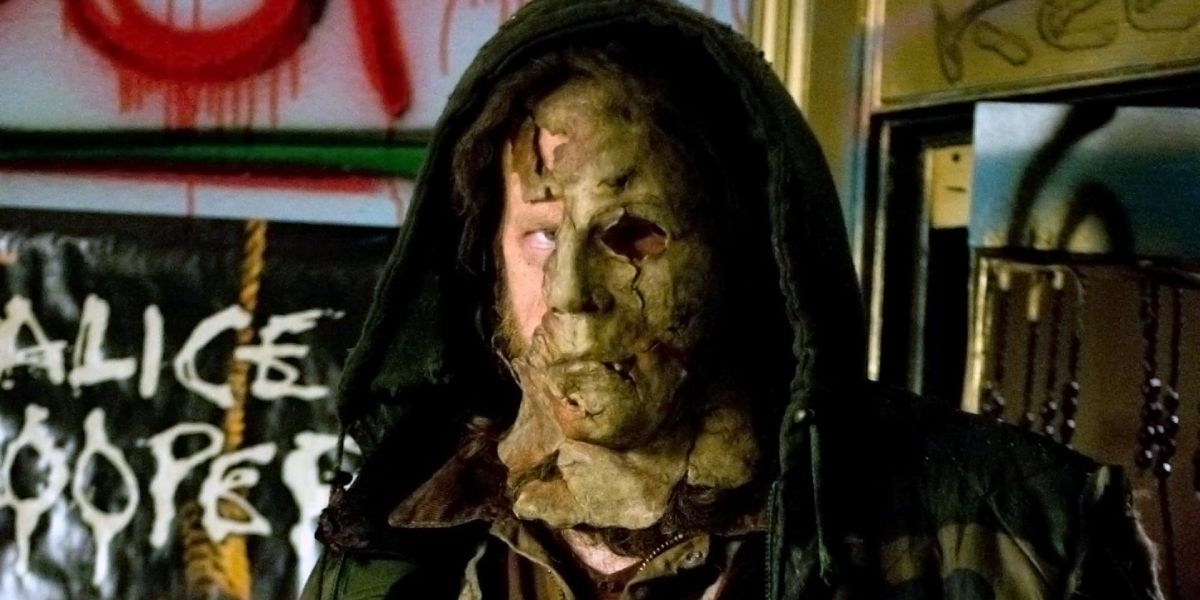
Like it or not, reboots are an inevitability. When a film, television or even video game franchise has been around for a while, it just makes sense to reboot it after a certain point. After all, it's much easier to promote a reboot as a franchise's new "first" entry than to market the eighth or ninth sequel in a series with years, if not decades, worth of content to sift through. When done right, a reboot can not only please longtime fans but also win over a whole generation of new ones. Unfortunately, it doesn't always work out that way.
While there are plenty of success stories -- Batman Begins, Netflix's Daredevil and 2013's Tomb Raider (2013) -- many other reboots fail to breathe new life into a franchise. In fact, some reboots accomplish precisely the opposite, all but killing their franchise, like with 2009's Friday the 13th and 2010's A Nightmare on Elm Street. However, sometimes a franchise not only abandons plans for a new series but actually reverts back to its original continuity as if the reboot never happened.

It's not uncommon for a series to rework its continuity by striking certain sequels from the timeline. One of the most recent examples is Terminator: Dark Fate, which serves as a direct sequel to Terminator 2: Judgement Day and outright ignoring Rise of the Machines, Salvation and Genisys. Ghostbusters serves as another example. After years of rumors and speculation regarding a sequel to 1989's Ghostbusters II, Columbia Pictures finally decided that the franchise's third movie would not be a sequel but a full reboot. 2016's Ghostbusters was fairly well-received by critics, currently holding a "Certified Fresh" rating of 74 percent on Rotten Tomatoes. However, it failed to impress at the box office.
With the Ghostbusters reboot estimated to have lost around $70 million, Columbia abandoned plans for a sequel. A few years later, the studio officially greenlit Ghostbusters: Afterlife, a new movie that ignores the 2016 reboot and serves as a direct sequel to the original two Ghostbusters films from the 1980s. Afterlife has faced its own problems, having been delayed multiple times as a result of the COVID-19 pandemic, though is finally slated to hit theaters this November.

The world of video games isn't immune to this trend, either. Following Devil May Cry 4 in 2008, developer/publisher Capcom decided it was time to reboot the franchise. Capcom enlisted Ninja Theory to develop DmC: Devil May Cry, which released to mixed reception in 2013.
DmC is a fine game in its own right, with critics praising its gameplay, art style and story. However, as many have pointed out, the reboot also lacks a lot of the charm that made Devil May Cry popular in the first place. One of the most common criticisms upon launch was the main protagonist's new look, which was seen as far more generic than his original design. In 2019, Capcom continued the original continuity with Devil May Cry 5, while DmC was relegated to "parallel universe" status. While Capcom has praised Ninja Theory's work on DmC and the game itself, it does not appear the publisher has any plans to return to the reboot's alternate timeline.
This brings us to Halloween, the film franchise that wrote the book on the slasher genre and retroactive continuity. While the Terminator franchise has ignored sequels and Ghostbusters and Devil May Cry have ignored entire reboots, Halloween is an especially rare case in that it's actually done both.
In 1998, the original scream queen Jamie Lee Curtis returned to the Halloween franchise for Halloween H20, a film celebrating the 20th birthday of John Carpenter's 1978 horror classic. Despite being the seventh film in the series, H20 acts as a direct sequel to 1981's Halloween II, ignoring Season of the Witch (which was never part of the main continuity), The Return of Michael Myers, The Revenge of Michael Myers and The Curse of Michael Myers. H20 was followed up by one last sequel, Halloween: Resurrection, which released in 2002.

Seeing as how the story really had nowhere left to go after Resurrection, Dimension Films opted to start fresh, tapping director Rob Zombie to helm a Halloween remake. Zombie's Halloween was fairly divisive upon its 2007 release. The film was criticized for its excessive use of graphic violence and nudity, which was seen as antithetical to the subtlety and nuance that made Carpenter's original Halloween so iconic. That said, Zombie's remake was also praised for doing something new with Michael Myers by offering an in-depth look at the killer's upbringing.
As opposed to its contemporaries like Friday and Elm Street, the Halloween remake actually got a sequel, which released in 2009. However, whereas 2007's Halloween was divisive, 2009's Halloween II was almost universally reviled. After, Zombie declined to helm another sequel.
With Blumhouse Productions at the helm, Curtis returned once again in 2018 to star in a new film simply titled Halloween, which marked the franchise's return to the original series, effectively rendering the Zombie-verse irrelevant. Conceptually, 2018's Halloween is similar to H20. However, the film actually serves as a direct sequel to the 1978 original, with even 1981's Halloween II being stricken from canon this time around. Blumhouse clearly has faith in this revamped timeline, with two more Curtis-led films -- Halloween Kills and Halloween Ends -- slated for release in 2021 and 2022, respectively.
Making a reboot is a complicated business. To be successful, it must strike the perfect balance of appealing to established fans and newcomers, which is much easier said than done. So, when things don't quite pan out as hoped, it's understandable that some creatives would want to fall back on what they know works. Sometimes it's for the better, but there will always be the lingering question of "What if?"
0 Comments